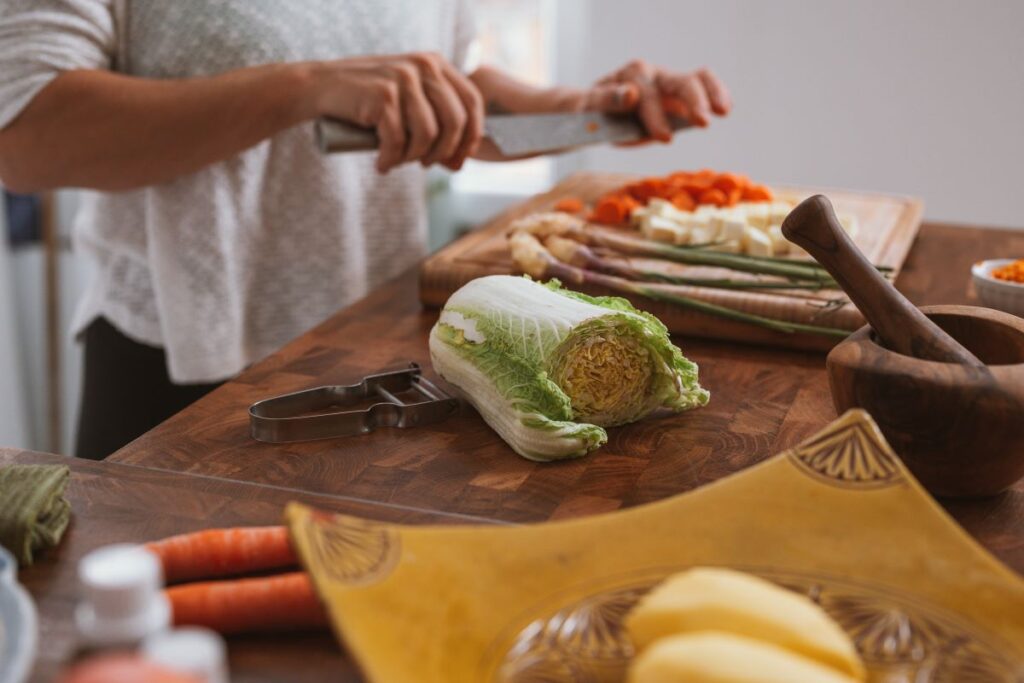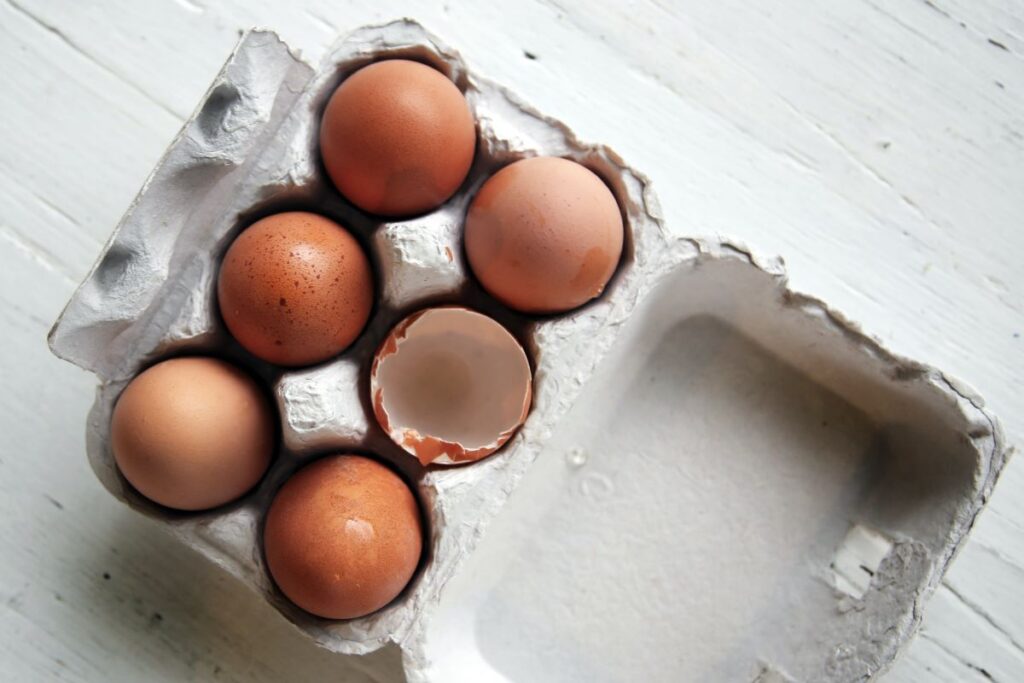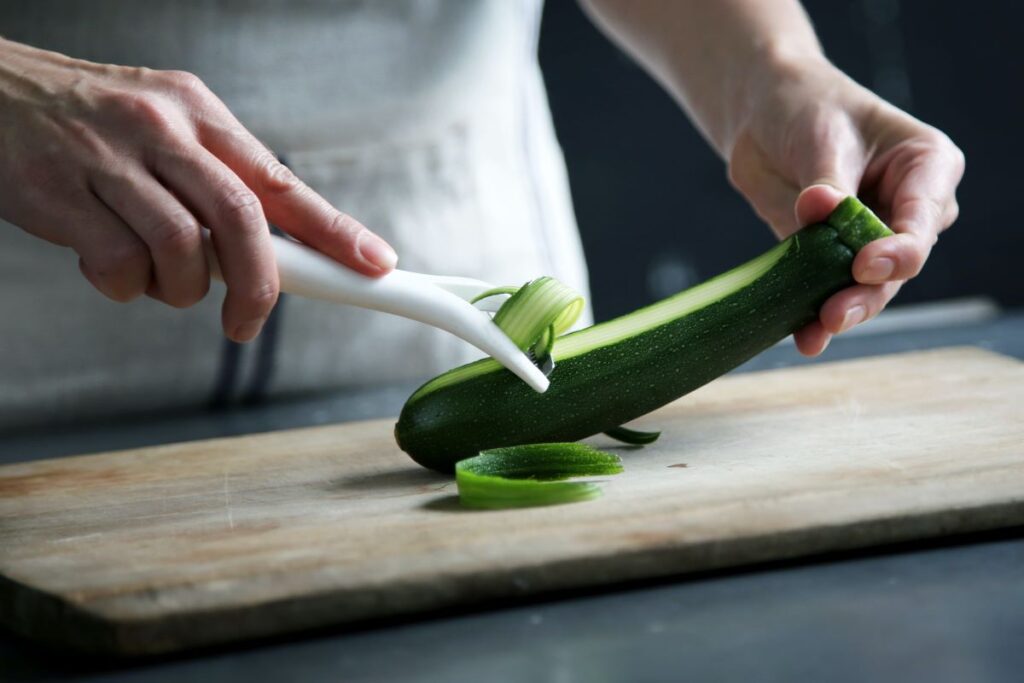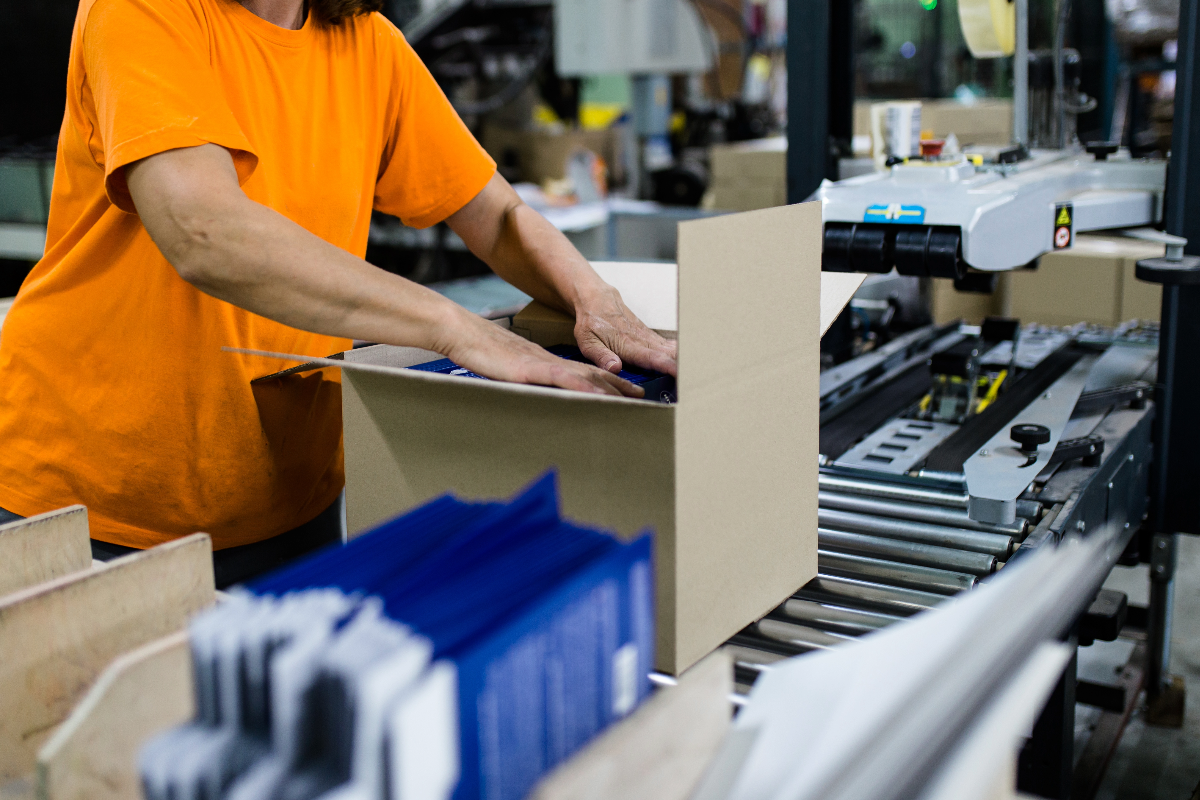BLOG
Is food waste recyclable?

It’s estimated that around 9.5 million tonnes of food waste are created each year in the UK. But is all this food waste recyclable and what happens to it if it’s recycled?
Can you recycle food waste?
All food waste can either be composted or recycled, so it should never be put in your general waste bin or down the drain. Because of its qualities, food waste can be recycled to create a variety of different products. Any food waste that isn’t recycled may end up in landfill, so its important you’re recycling as much as you can.
How is food waste recycled?
For smaller, household food waste, composting is the best solution for recycling your food waste. However, if you’re generating a lot of food waste, you may need a food waste collection to manage this. Once your food waste has been collected, there are plenty of options for food waste recycling.
In-vessel composting
In-vessel composing (IVC) is a method similar to composting, but it takes place in a closed environment to ensure all the materials are properly processed and completely sanitised. During this method, food waste is screened to remove any contaminants and then the materials are then mixed with garden waste and shredded.
Micro-organisms then break down the waste and release nutrients that make enough heat to raise the temperature to allow for the decomposition process and killing any harmful microbes or seeds. The material is then left to mature outside for around one to three months before being used as a soil conditioner.
Anaerobic Digestion
Food waste can also be recycled by Anaerobic Digestion. This process involves microorganisms breaking down food waste, animal manure and energy crops in an environment without oxygen. When the materials break down, methane is produced which is then collected and converted into biogas. This is then used to generate electricity, heat and even to transport fuel. This process also creates a nutrient rich digestate which can then be used as a fertiliser.


Why recycle your food waste?
If food waste isn’t recycled properly, it may end up being sent to landfill where it rots. If this happens it could have a negative effect on the environment by releasing methane gas. This greenhouse gas is 25 times stronger than carbon dioxide. By reducing and recycling your food waste, you can help minimise the carbon footprint of your business.
If your food waste is recycled, it can be used to create fertilisers or soil used in agriculture or be converted into natural forms of energy, which is a great alternative to fossil fuels. Therefore, your business could be generating new green and renewable energy through your waste. By implementing a food waste recycling system in your business, you can boost your business’ reputation. More and more people want to shop from businesses who are committed to sustainability, so you could be bringing in new business too.
What can go in your food waste bin?
Most food items can go in your food waste bin. Meat and fish, both raw or cooked, along with fruit and vegetables and eggs, including the shells, can go in your food waste bin. However, there are some food items that can’t go in your food waste bin, such as liquids, such as milk, oils, and liquid fat along with any food packaging waste. This is because these must be recycled separately.
Check out our handy guide for what can and can’t go in your food waste bin here.
Contact us
Looking to implement a food waste recycling system into your business? Flame UK can help. Our team of experts will help you put a full waste management plan in place to encourage recycling at your site, diverting your food waste from landfill. Contact us today to find out more.




